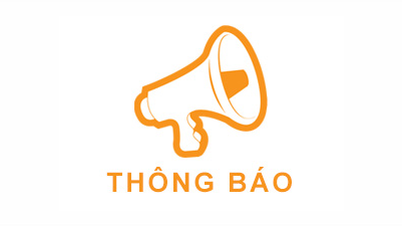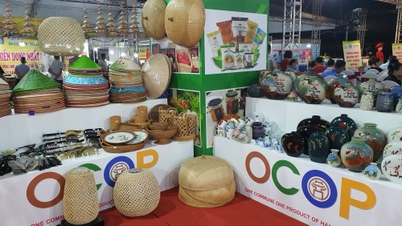Being scolded by parents as a child can help shape how a child views the world , others and themselves - Photo: FREEPIK
According to Neuroscience News , parents' frequent use of words to humiliate, control, or shame their children in order to " educate " them can alter the structure of their developing brains.
Parents scolding leaves many psychological consequences
A study of more than 20,500 adults in the UK found that one in five had experienced verbal abuse as a child.
Definitions of verbal abuse vary, but generally include being criticized, threatened or rejected, feeling belittled, blamed, ridiculed and feared. This is a long-term behaviour, not the same as occasionally losing your temper and saying something hurtful in a fit of anger.
Being verbally abused as a child helps shape how a child views the world, others, and themselves, increasing their risk of anxiety, depression, suicidal behavior, and drug use later in life.
This experience affects children's ability to build trusting relationships as adults.
Preventing verbal violence, as well as all forms of child abuse and neglect, is not just a moral imperative. It is essential to ensuring healthy brain development and lifelong mental health.
When adults repeatedly use hostile or demeaning language toward their children, it affects many key systems in the brain.
In children who are frequently abused, the threat recognition system (also known as the "fight or flight" mechanism) becomes hypersensitive.
Later, even neutral social cues such as facial expressions, a joke, or a well-intentioned comment can be misinterpreted as threatening.
Don't educate your children by harsh words.
Parents' harsh scolding for the purpose of "education" may help children survive in a negative social environment, but in the long run, it leaves a huge price.
Children will have a harder time trusting others, building and maintaining relationships, and believing that they are valuable and worthy of love.
As adults, children are also at risk of falling into a vicious cycle of stress and broken relationships, destabilized by childhood fears of abandonment or rejection.
Harsh words linger in the mind because the brain is programmed to prioritize negative and threatening information as a defense mechanism. The damage caused by words is the foundation for much anxiety, pain, and suffering later on.
A child can spend decades trying to make amends and prove that the words said about them were wrong. Every adult in a child’s life – including parents, teachers, grandparents, caregivers… needs to understand the power of their words and avoid saying harsh words to children.
This does not mean that misbehavior should be ignored. Children still need clear boundaries and honest feedback to correct their behavior. However, talk to your child with respect, encouragement, and concern.
During healthy development, warm verbal and non-verbal exchanges with parents such as praise, encouragement, and understanding help children learn to establish safe and positive relationships. These factors also help children build self-esteem and confidence in social interactions.
DAWN
Source: https://tuoitre.vn/loi-chui-mang-cua-cha-me-am-anh-tam-ly-con-suot-doi-20250514113044728.htm































![[Photo] Off-road racing: Adventure sport, attractive tourism product](https://vphoto.vietnam.vn/thumb/1200x675/vietnam/resource/IMAGE/2025/9/14/45123bd29c884b64934da038d947d344)


































































Comment (0)